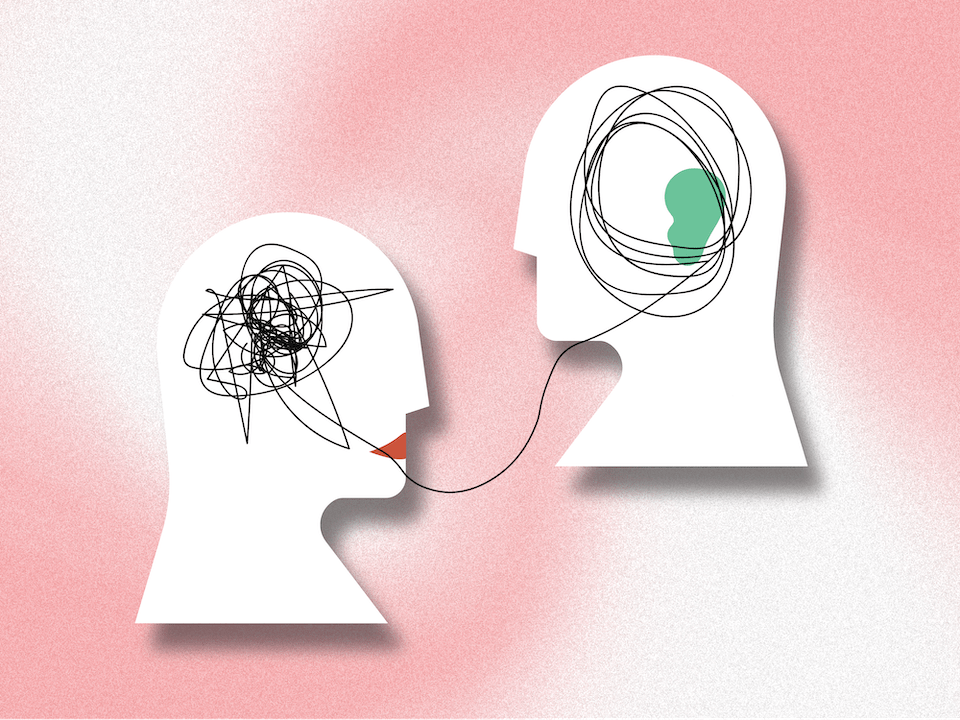Unveiling the Mental Wellness Benefits of Engaging in Psychiatric Therapy Procedure
Involving in psychiatric therapy sessions can offer an extensive journey in the direction of recognizing oneself far better and browsing life's obstacles with boosted strength. The process of treatment reveals layers of self-awareness that typically stay untapped in the hustle of day-to-day live. Moreover, it equips individuals with dealing techniques to deal with tension and anxiousness in healthier methods, promoting a feeling of empowerment. The advantages extend past the person; therapy can likewise pave the method for creating and keeping purposeful connections. As we start to check out the complex benefits of psychotherapy, a more clear picture arises of the transformative potential it holds for psychological health.
Enhancing Self-Awareness
Self-awareness, a fundamental aspect of personal development and psychological well-being, is cultivated and improved via the procedure of psychotherapy. By delving into one's ideas, sensations, and behaviors within the healing setup, individuals are encouraged to check out and comprehend themselves on a much deeper level. With guided self-questioning and open discussion with a skilled specialist, clients can get useful understandings into their motivations, patterns of thinking, and emotional reactions. This boosted self-awareness allows individuals to determine and test adverse idea patterns, discover unresolved feelings, and establish a clearer understanding of their own identification and worths.
In addition, as people end up being much more attuned to their internal experiences and how they interact with the external globe, they can make more intentional selections and feedbacks in their everyday lives. This increased self-awareness not only cultivates individual growth however additionally improves psychological law and interpersonal relationships - counselling vaughan. Overall, psychiatric therapy works as a powerful device for people to cultivate self-awareness and start a trip of self-discovery and positive transformation
Improving Coping Abilities
Enhancing coping skills is an essential element of the restorative procedure, gearing up people with efficient strategies to browse and handle life's obstacles. With psychiatric therapy, people can learn just how to identify their stress factors, develop healthy and balanced coping devices, and develop resilience to much better handle tough scenarios. Therapists work collaboratively with clients to discover maladaptive coping patterns and present alternative, more flexible methods of reacting to stress factors.
Improving coping skills includes learning strategies such as mindfulness, cognitive restructuring, and problem-solving approaches. These skills empower people to manage their emotions, lower stress and anxiety, and improve their general emotional well-being. By improving coping abilities, people can experience a better sense of control over their lives and improve their capacity to manage stressors in a healthy and balanced fashion.

Taking Care Of Stress and Anxiety
By developing their coping abilities via psychiatric therapy, people are furnished with useful devices to successfully handle and minimize stress and anxiousness in their lives. Anxiety and anxiousness prevail experiences that can significantly influence one's mental More about the author well-being and general lifestyle. Psychiatric therapy gives individuals with a safe and encouraging environment to explore the origin of their stress and anxiety and stress and anxiety, identify maladaptive idea patterns and actions, and establish much healthier coping systems.
Therapists use various evidence-based methods such as cognitive-behavioral therapy (CBT), mindfulness techniques, and relaxation workouts to assist people better recognize and handle their stress factors. With psychotherapy, people find out to challenge negative reasoning patterns, manage their emotions, and construct resilience when faced with hardship. In addition, therapists function collaboratively with customers to create customized strategies for dealing with stress factors and anxiety activates in their lives.
Building Healthy Relationships
Developing solid interpersonal connections is basic for fostering healthy connections and boosting overall well-being. Healthy and balanced partnerships are built on a foundation of trust, interaction, mutual respect, and assistance. In the context of psychiatric therapy, creating and preserving healthy and balanced connections is a crucial facet of the therapeutic process.
Psychiatric therapy offers individuals with a risk-free and helpful setting to discover their ideas, feelings, and actions, which subsequently can boost their ability to form and maintain healthy and balanced partnerships beyond the therapy setup. Via the healing connection with a trained professional, people can find out to connect effectively, established limits, and browse disputes in a useful way.
Additionally, psychotherapy can help people address underlying concerns that may hinder their ability to create healthy relationships, such as unsolved injury, reduced self-worth, or maladaptive patterns of behavior. By acquiring insight right into these problems and establishing coping techniques, individuals can cultivate fulfilling relationships that add to their general mental health and high quality of life.
Encouraging Emotional Healing
In the journey in the direction of psychological recovery, individuals participated in psychotherapy navigate with their previous experiences and social characteristics to cultivate a deeper understanding of their feelings and actions. Via this process, psychiatric therapy offers a safe and supportive atmosphere for people to discover their sensations, challenge unsettled concerns, and create coping mechanisms to visite site deal with emotional wounds (counselling vaughan). By delving into the root triggers of emotional distress, individuals can slowly work in the direction of recovery and reconstructing their psychological wellness
Psychiatric therapy strategies such as cognitive-behavioral therapy, psychodynamic treatment, and mindfulness-based strategies equip individuals with the devices to identify adverse idea patterns, obstacle maladaptive actions, and manage their feelings properly. As people engage in this introspective trip, they find out to recognize and verify their emotions, fostering self-compassion and acceptance. By advertising psychological healing, psychotherapy empowers people to refine their experiences, create durability, and eventually achieve a feeling of internal peace and psychological equilibrium.
Verdict
